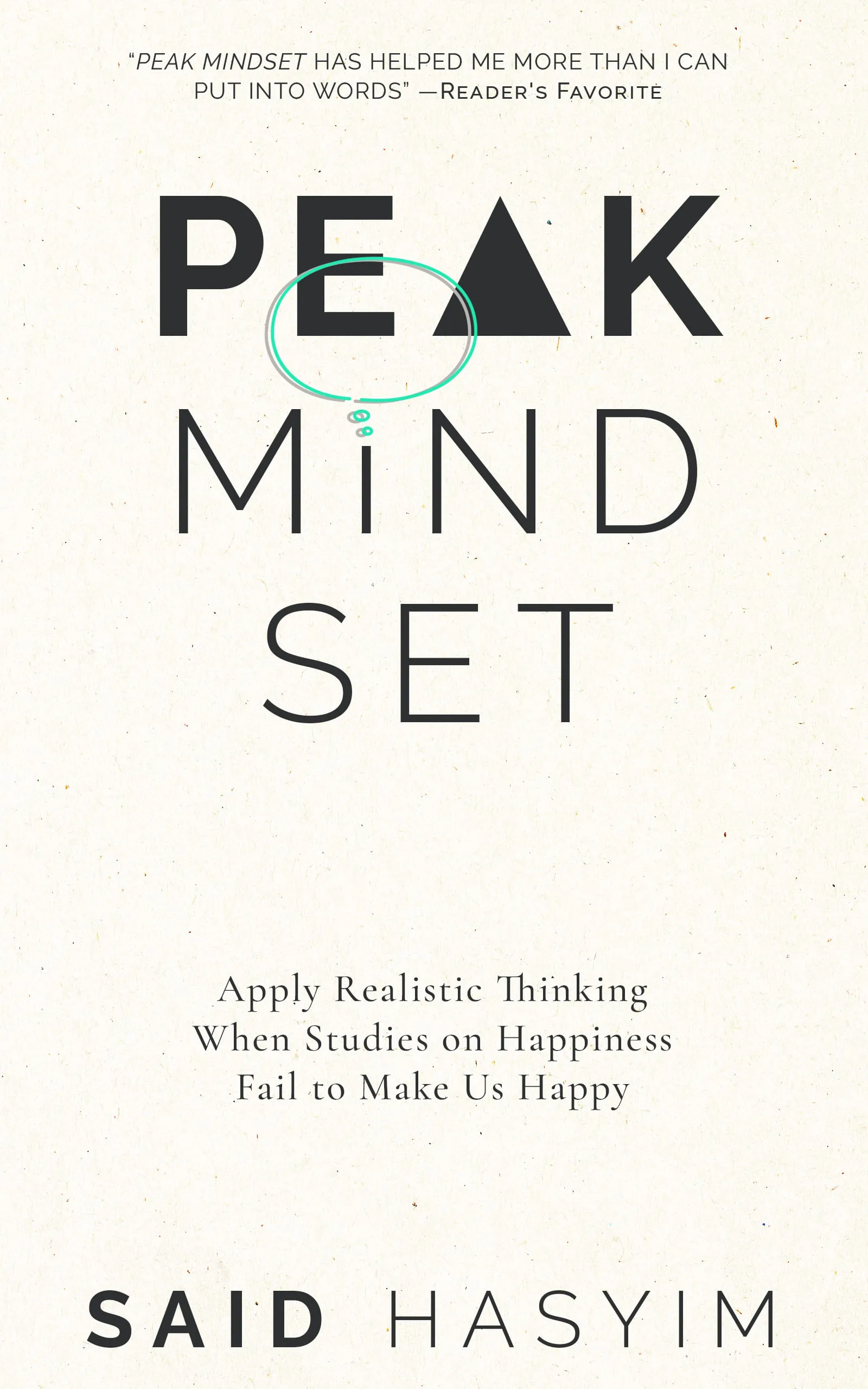Tools for Developing Emotional Intelligence
Emotional intelligence (EI) is rapidly gaining recognition as a crucial component for personal and professional success. Unlike traditional intelligence, which focuses on cognitive abilities, emotional intelligence emphasizes the ability to understand, manage, and harness emotions effectively in ourselves and others. Whether you're a leader striving to motivate your team, an individual looking to navigate relationships, or simply seeking to enhance your self-awareness, developing your emotional intelligence can pave the way for more fulfilling interactions and achievements in your life.
What is Emotional Intelligence?
Emotional intelligence encompasses several key components:
Self-awareness: Understanding your own emotions, strengths, weaknesses, and triggers.
Self-regulation: The ability to manage your emotions and impulses effectively.
Motivation: The drive to achieve goals for reasons beyond external rewards.
Empathy: The capacity to understand and share the feelings of others.
Social skills: The ability to build and maintain healthy relationships.
Developing these components can lead to improved communication, conflict resolution, and overall emotional well-being.
Practical Tools to Enhance Emotional Intelligence
1. Mindfulness Practices
Mindfulness involves being present in the moment and aware of your thoughts and feelings without judgment. Practicing mindfulness can significantly improve self-awareness and emotional regulation. Here are some approaches:
Meditation: Dedicating a few minutes each day to meditate can help you observe your thoughts and emotions.
Deep Breathing: Taking deep, mindful breaths can calm your nervous system, allowing you to respond to situations more thoughtfully.
Journaling: Writing down your thoughts and feelings periodically can provide clarity and promote self-reflection.
2. Active Listening
To understand and relate to others, you need to hone your listening skills. Active listening involves:
Paying Attention: Focus wholly on the speaker, avoiding distractions.
Reflecting: Repeat back what you heard in your own words to confirm understanding.
Asking Questions: Engage with the speaker by asking clarifying questions to deepen your understanding.
Active listening fosters empathy and helps build trust within relationships.
3. Seek Feedback
Constructive feedback from trusted peers or mentors can be an invaluable tool in developing emotional intelligence. To effectively gather feedback:
Choose Wisely: Select individuals who are honest and have your best interests at heart.
Ask Specific Questions: Focus on areas you want to improve, such as communication style or responsiveness to stress.
Remain Open-Minded: Accept feedback without defensiveness and view it as an opportunity for growth.
4. Emotional Journaling
Keep a journal dedicated to tracking your emotional experiences. This can enhance self-awareness by helping you recognize patterns in your emotions. Consider including:
Daily Emotions: Record your emotions throughout the day and the factors that triggered them.
Reflections: Reflect on how you handled specific situations emotionally and what you could improve.
Goals: Set specific emotional intelligence goals for yourself—e.g., “I will respond more calmly to criticism.”
5. Role-Playing Scenarios
Role-playing can be an effective way to practice emotional intelligence skills in a low-risk environment. This can involve:
Simulating Conversations: Rehearse difficult conversations with a friend or colleague to practice your responses.
Discussions on Emotions: Identify and express emotions that arise in various scenarios to enhance your empathy and understanding of different perspectives.
6. Empathy Exercises
To cultivate empathy, try these exercises:
Perspective-Taking: Deliberately place yourself in someone else’s shoes. Consider how they may be feeling and why.
Volunteering: Engaging with diverse groups in your community can enhance your understanding of different life experiences and emotions.
Reading Fiction: Literature can offer insights into characters’ thoughts and feelings, thereby expanding your ability to empathize.
7. Develop Emotional Vocabulary
An extensive emotional vocabulary enables you to express feelings accurately, promoting better communication. Here’s how to expand your vocabulary:
Emotion Lists: Create a list of feelings and regularly familiarize yourself with them.
Use Emotions in Conversation: Make a conscious effort to articulate your emotions and encourage others to do the same.
8. Conflict Resolution Techniques
Navigating conflict effectively is integral to emotional intelligence. Tools for improving this skill include:
Stay Calm: When conflict arises, take a moment to breathe and collect your thoughts before responding.
Use "I" Statements: Frame your feelings using "I" statements (e.g., "I feel overwhelmed when…") to communicate without sounding accusatory.
Seek Common Ground: Focus on addressing the issue collaboratively and finding mutual solutions.
Conclusion
Developing emotional intelligence is a lifelong journey, but by incorporating these tools and practices into your daily life, you can enhance your self-awareness, empathy, and communication skills. By investing in your emotional intelligence, you not only improve your own life but also positively impact the lives of those around you. Whether towards personal growth, better relationships, or professional advancement, the benefits of emotional intelligence are truly limitless.
Embrace the Challenge
As you embark on this pathway, remember that growth comes with time and practice. Embrace the challenge and remain patient with yourself. The tools outlined above will serve as companions on your journey towards enhanced emotional intelligence, leading to a more connected and fulfilling life.
Leverage Your Mindset for a Fulfilling Life
Explore Peak Mindset, a book to leveraging your subconscious for a more fulfilling life. Gain insights into realistic thinking, money management, and stress resilience to make informed decisions. Discover pitfalls in conventional happiness advice and practical strategies for self-transformation. Unlock your potential and enhance your overall satisfaction.
